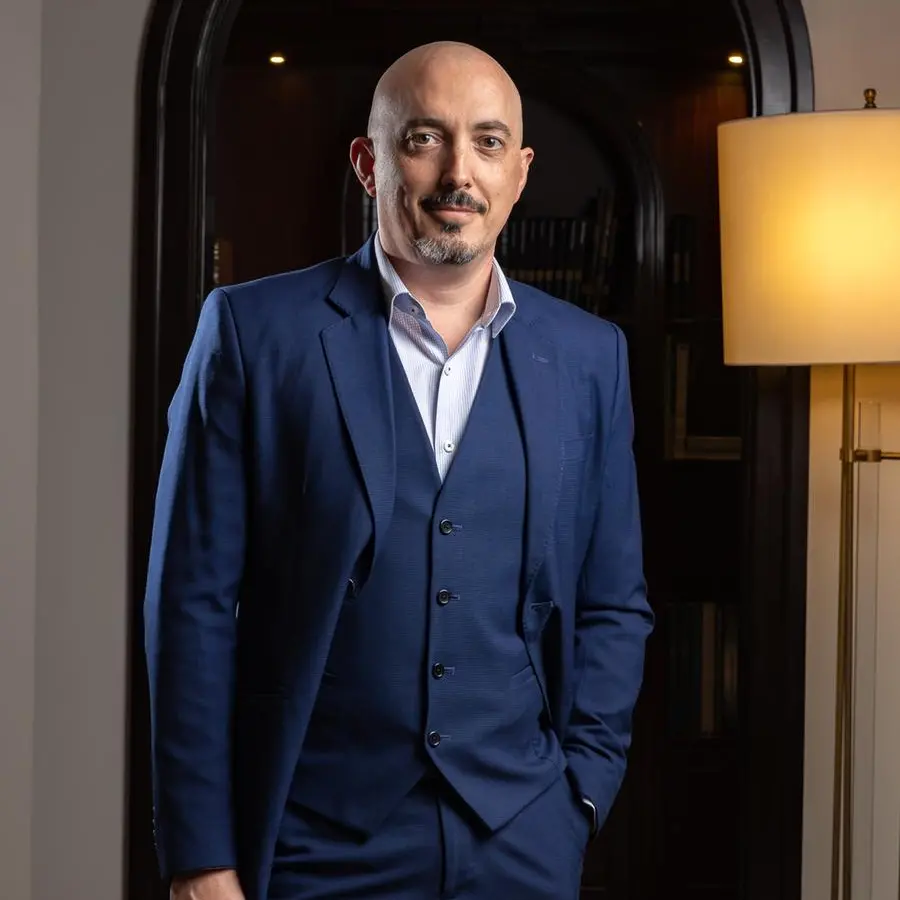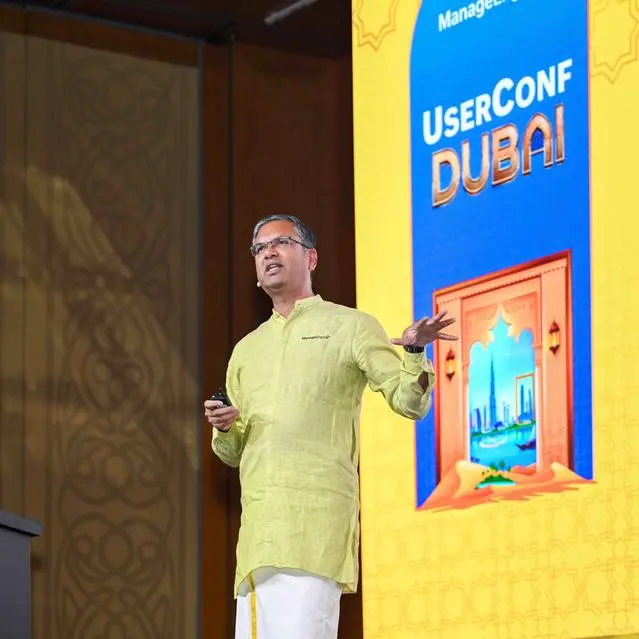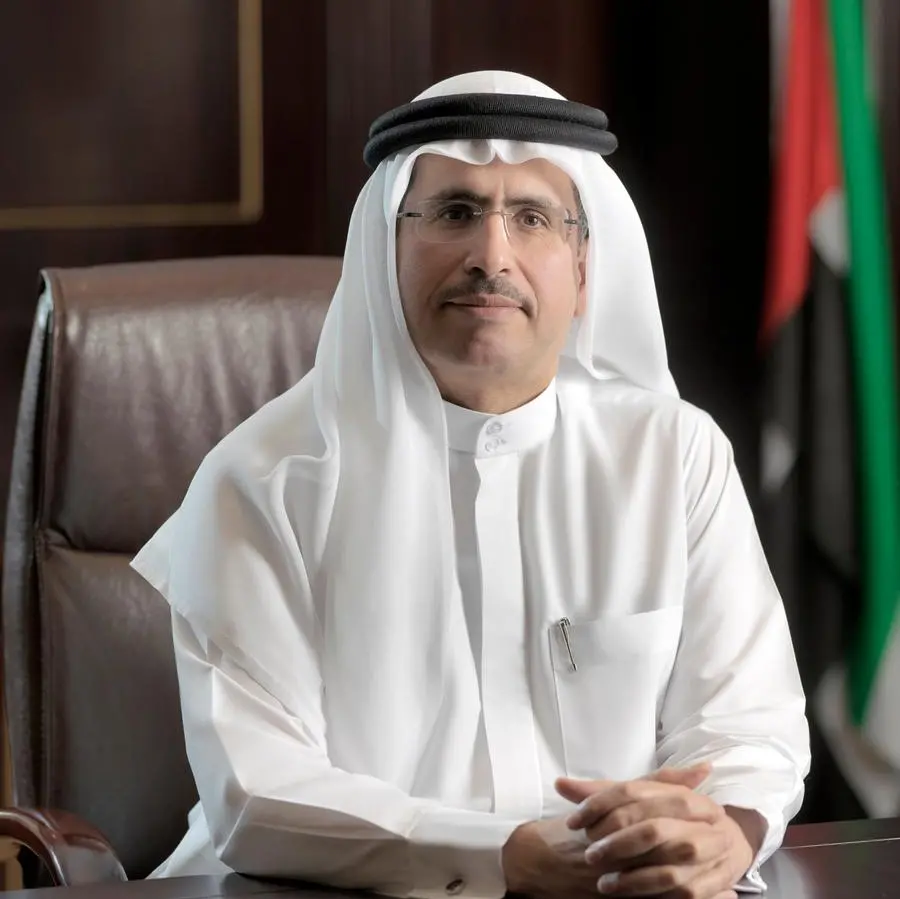PHOTO
- 97% of business leaders see remote working as critical to an optimal working arrangement
Companies in the UAE expect revenues to surge as much as 50% in the next 12 months as business bounces back strongly from lows hit in the depths of the COVID-19 pandemic, with executives expecting to ramp up hiring and their investment in staff in response.
New research from HSBC based on a survey of more than 2,000 leading businesses worldwide, shows that three out of four companies in the UAE expect to hire more staff in the coming 12 months and that they rank the anticipated ‘battle for talent’ as crucial to delivering on ambitious growth plans.
“Our new HSBC Navigator report on the Future of Work shows clearly that executives believe the battle for talent is vital to driving sustainable profitability – particularly as companies bounce back from the COVID pandemic – with almost 90% of companies surveyed in the UAE seeing a strong relationship between investment in the workforce and business success,” Daniel Howlett, Regional Head of Commercial Banking for HSBC in the Middle East, North Africa and Turkey, said.
“The companies involved in our research in the UAE are targeting roughly 25% revenue growth on average over the next 12 months and eight in 10 of them are already making significant investments in hiring, upskilling, or training. The future working environment is still taking shape and it is already clear to executives that the changes to come are likely to have a profound impact on both the engagement of staff and the profitability of the companies that people choose to work in,” Daniel added.
Almost all business leaders (97%) surveyed for the research in the UAE agree that optimal working arrangements in future would include a form of remote working, closely in line with the views of their global counterparts (95%). More than half are supporting employees with digital skills training (52%), while 44% are providing work life balance programmes to prepare staff for the future of hybrid working.
“The business community in the UAE is one of the most dynamic in the world, always quick to adapt to changing business environments, which makes this prioritisation of employee well-being, training, skills development and flexible working a clear indication of the global trend,” Daniel said.
Future of work
Salary remains a key factor for attracting and retaining talent in the UAE, with 47% of business leaders citing it as such, but executives are increasingly focused on the views of staff who see hybrid working arrangements boosting growth and organisational culture.
The top four areas that UAE businesses are upskilling their workforce in to respond to emerging macroeconomic trends are managing and supporting staff wellbeing (47%), management and leadership in hybrid environment (41%), cyber security (40%) and environmental, social and governance frameworks (ESG) (38%).
Innovation and customer experience
UAE businesses are the most confident globally about driving innovation in product and customer service (67%) over the next 12 months, and 74% are optimistic about achieving their priority of improving customer experience, third highest globally after Mexico (77%) and China (77%).
“It’s great to see that product and service innovation is front-of-mind for UAE’s business community, which is particularly relevant when bearing in mind that Expo 2020 – the global showcase of innovation and ideas that shape the world in which we live – has just begun here in the UAE. Innovations that create opportunities, drive mobility and nourish sustainability are key themes at Expo 2020 and they align well with what UAE businesses say will enhance their competitive advantage regionally and globally,” Daniel added.
Managing costs (64%) is the biggest challenge businesses in the country foresee in coming months, but they also expect hybrid working to make it easier to manage cost challenges (77%), improve staff productivity (76%) and enhance profitability (76%).
-Ends-
Media enquiries to:
Farah Farooq
+971 56 686 7337
farah.farooq@hsbc.com
Zahraa Alkhalisi
+971 54 994 6181
zahraa.alkhalisi@hsbc.com
HSBC in the MENAT region
HSBC is the largest and most widely represented international banking organisation in the Middle East, North Africa and Turkey (MENAT), with a presence in nine countries across the region: Algeria, Bahrain, Egypt, Kuwait, Oman, Qatar, Saudi Arabia, Turkey and the United Arab Emirates. In Saudi Arabia, HSBC is a 31% shareholder of Saudi British Bank (SABB), and a 51% shareholder of HSBC Saudi Arabia for investment banking in the Kingdom. Across MENAT, HSBC had assets of US$68.9bn as at 31 December 2020.
© Press Release 2021
Disclaimer: The contents of this press release was provided from an external third party provider. This website is not responsible for, and does not control, such external content. This content is provided on an “as is” and “as available” basis and has not been edited in any way. Neither this website nor our affiliates guarantee the accuracy of or endorse the views or opinions expressed in this press release.
The press release is provided for informational purposes only. The content does not provide tax, legal or investment advice or opinion regarding the suitability, value or profitability of any particular security, portfolio or investment strategy. Neither this website nor our affiliates shall be liable for any errors or inaccuracies in the content, or for any actions taken by you in reliance thereon. You expressly agree that your use of the information within this article is at your sole risk.
To the fullest extent permitted by applicable law, this website, its parent company, its subsidiaries, its affiliates and the respective shareholders, directors, officers, employees, agents, advertisers, content providers and licensors will not be liable (jointly or severally) to you for any direct, indirect, consequential, special, incidental, punitive or exemplary damages, including without limitation, lost profits, lost savings and lost revenues, whether in negligence, tort, contract or any other theory of liability, even if the parties have been advised of the possibility or could have foreseen any such damages.




















